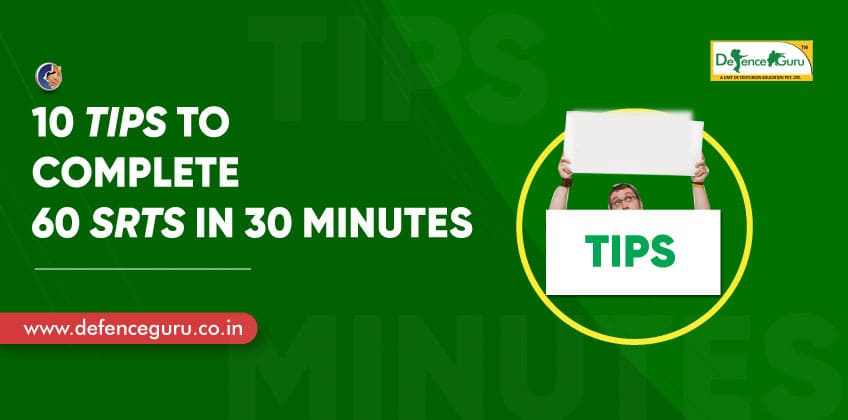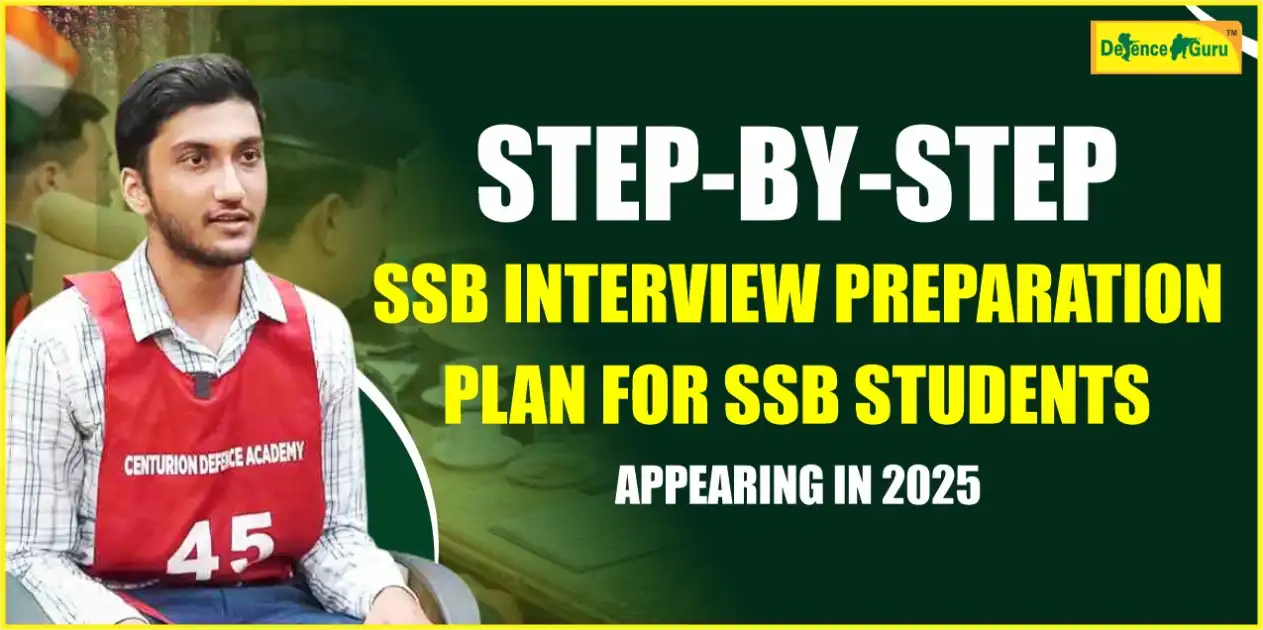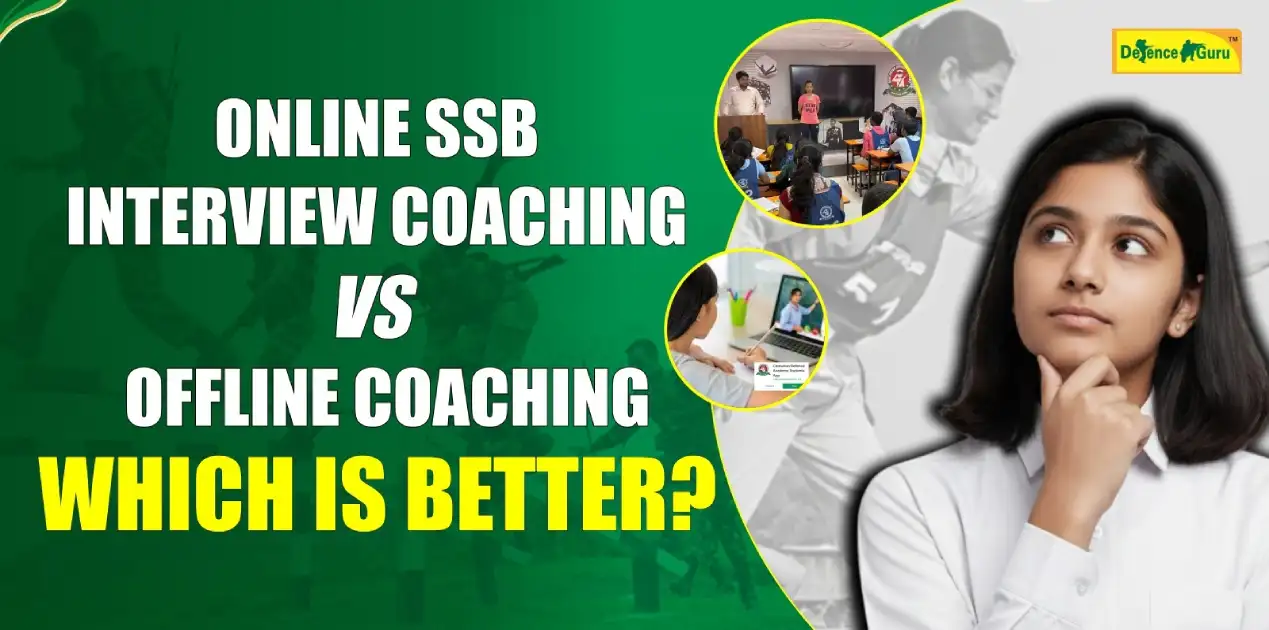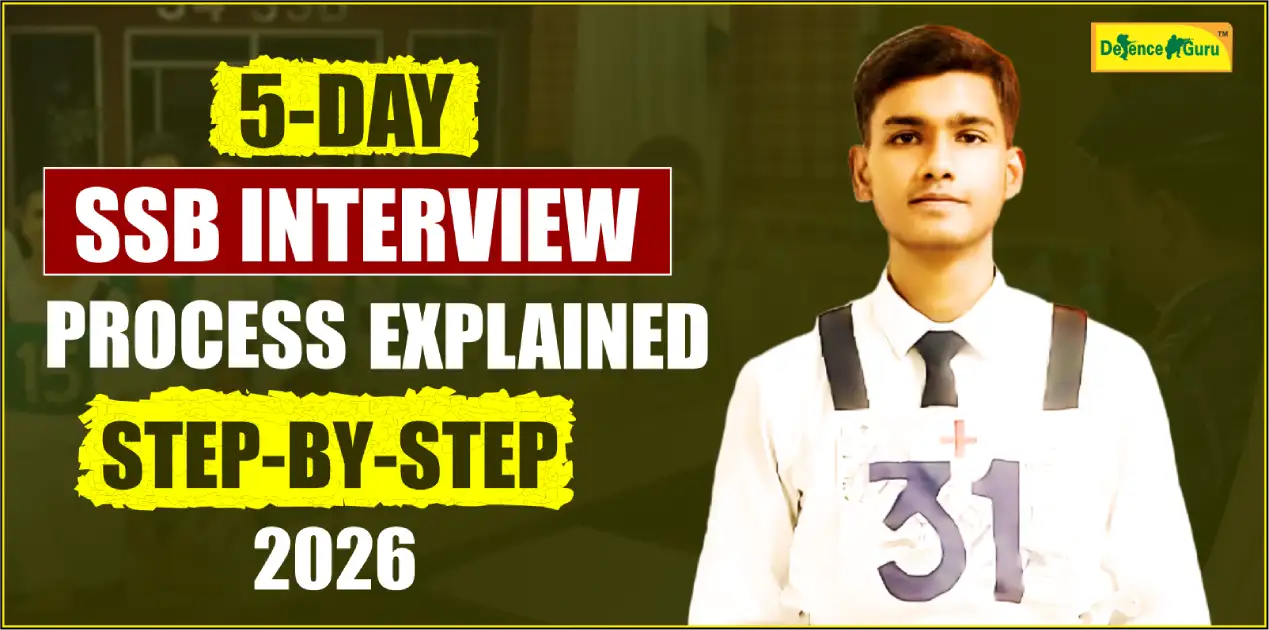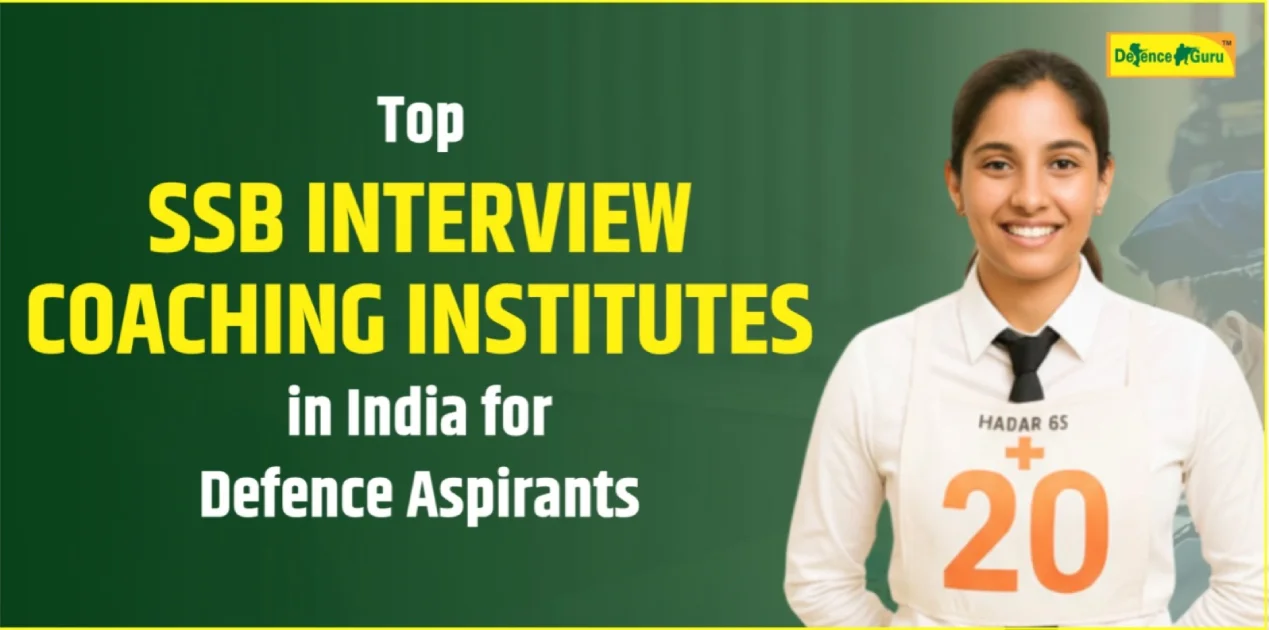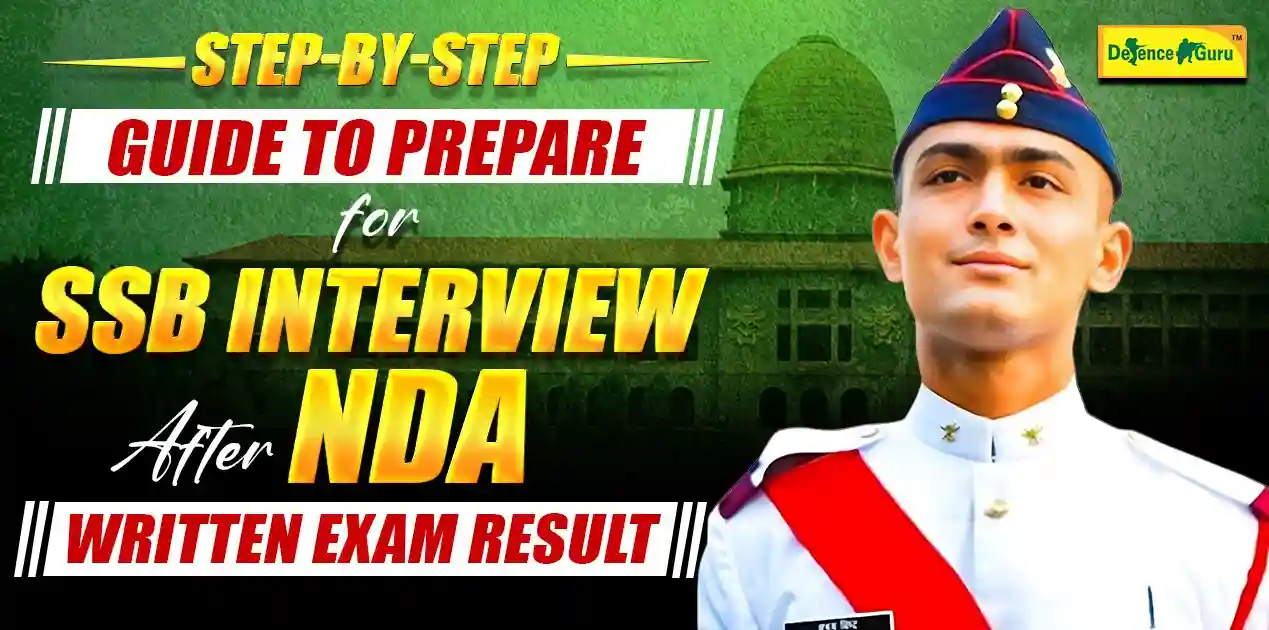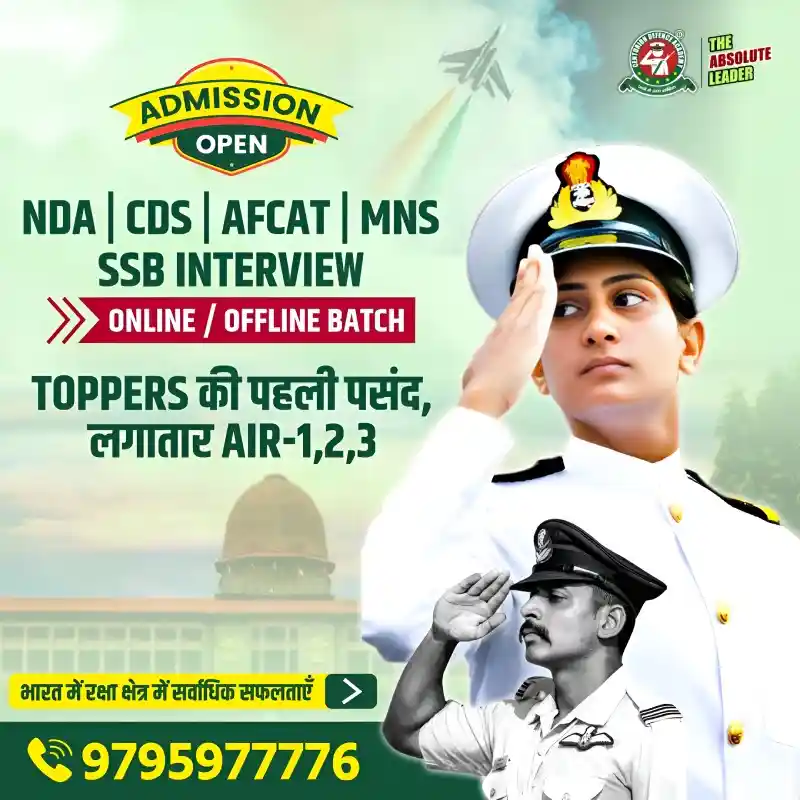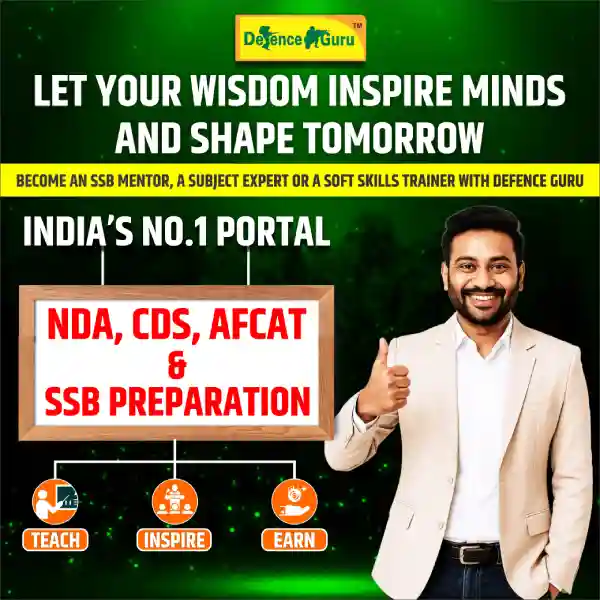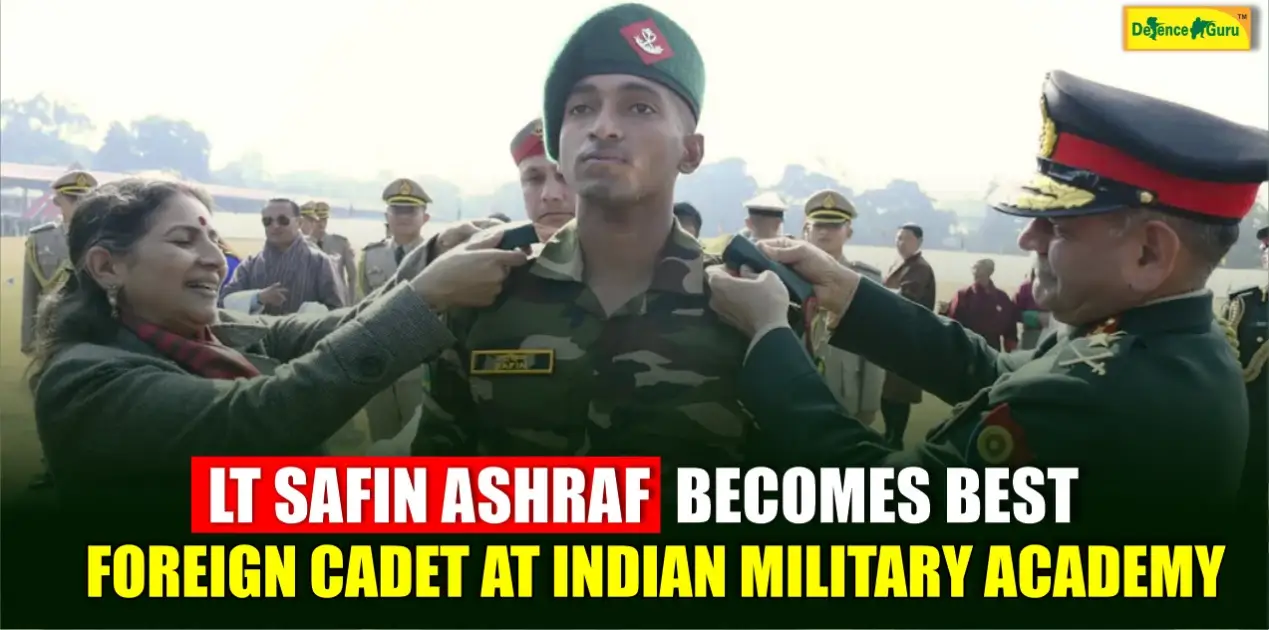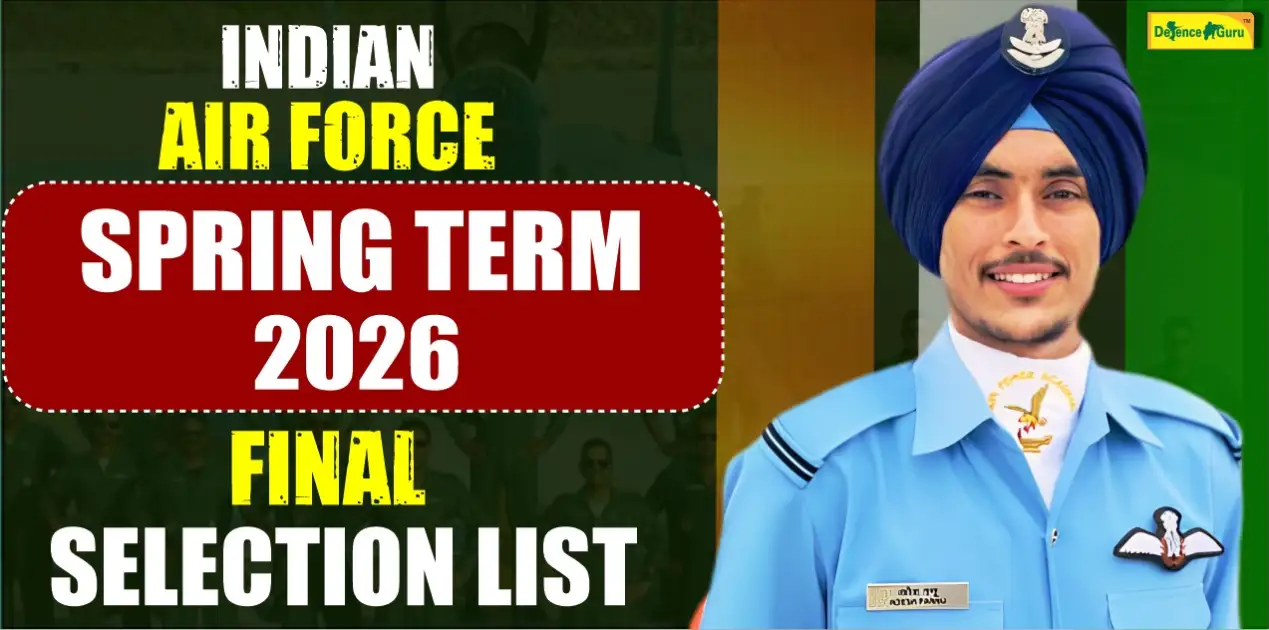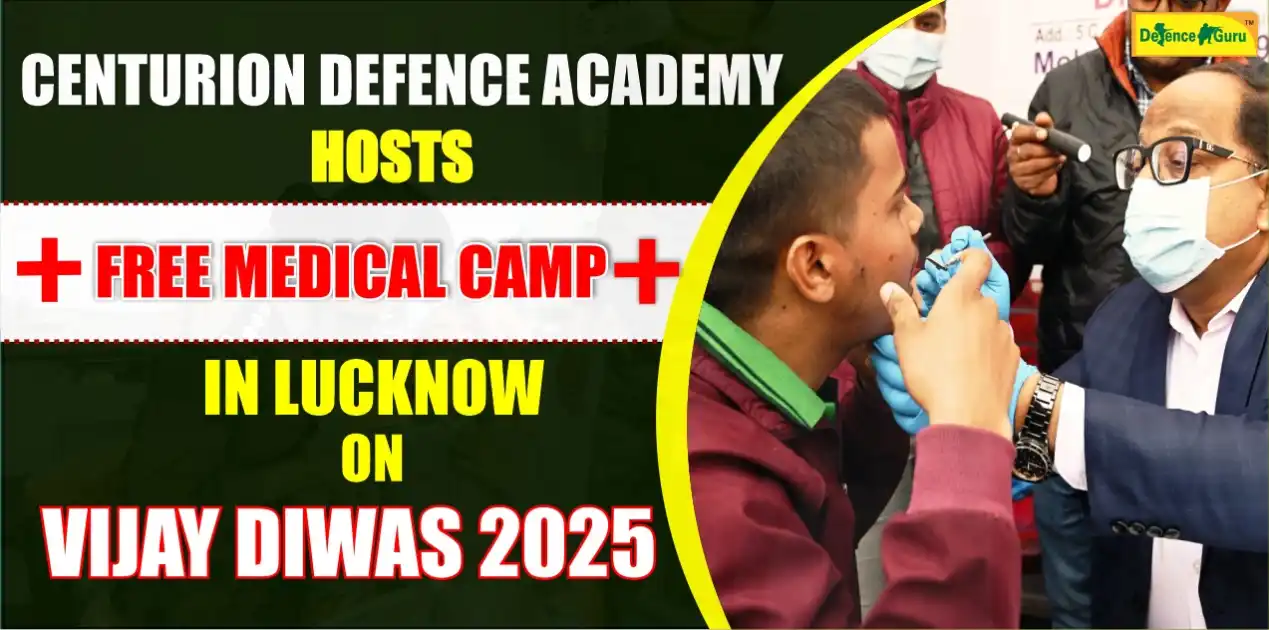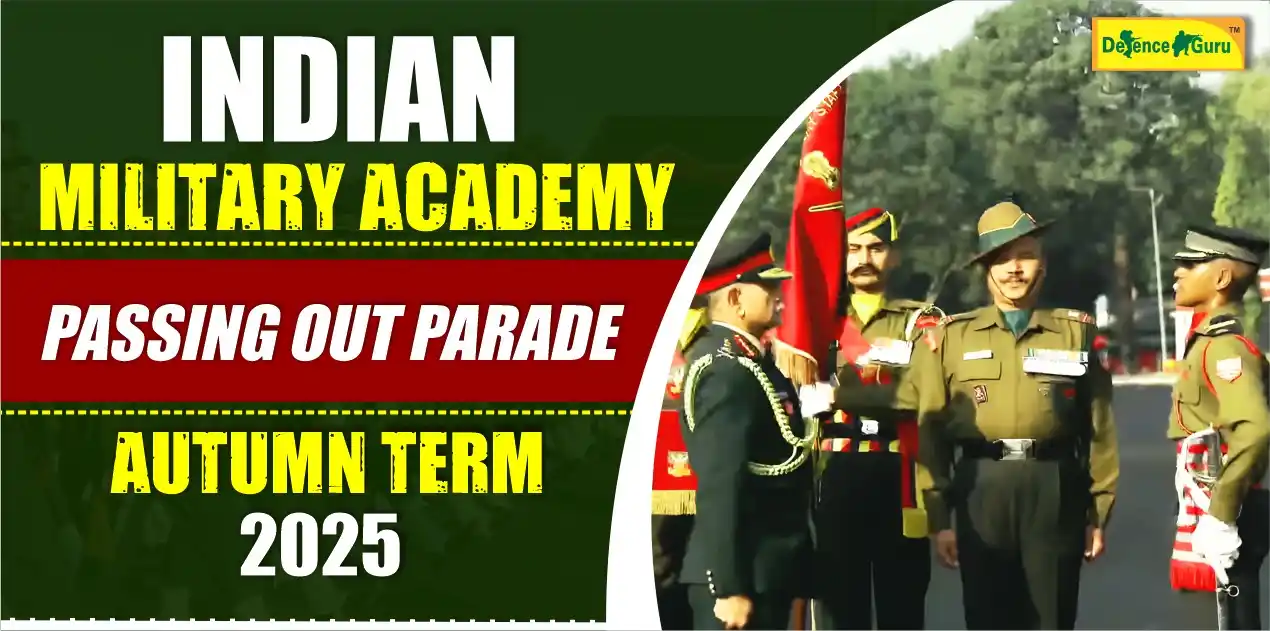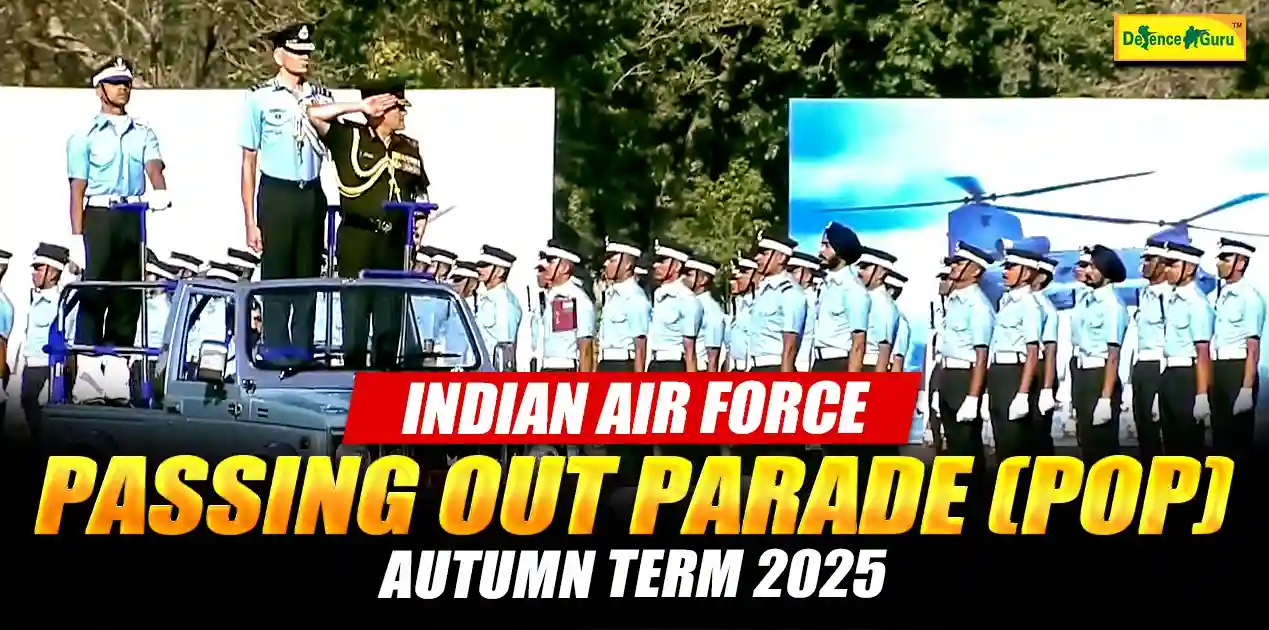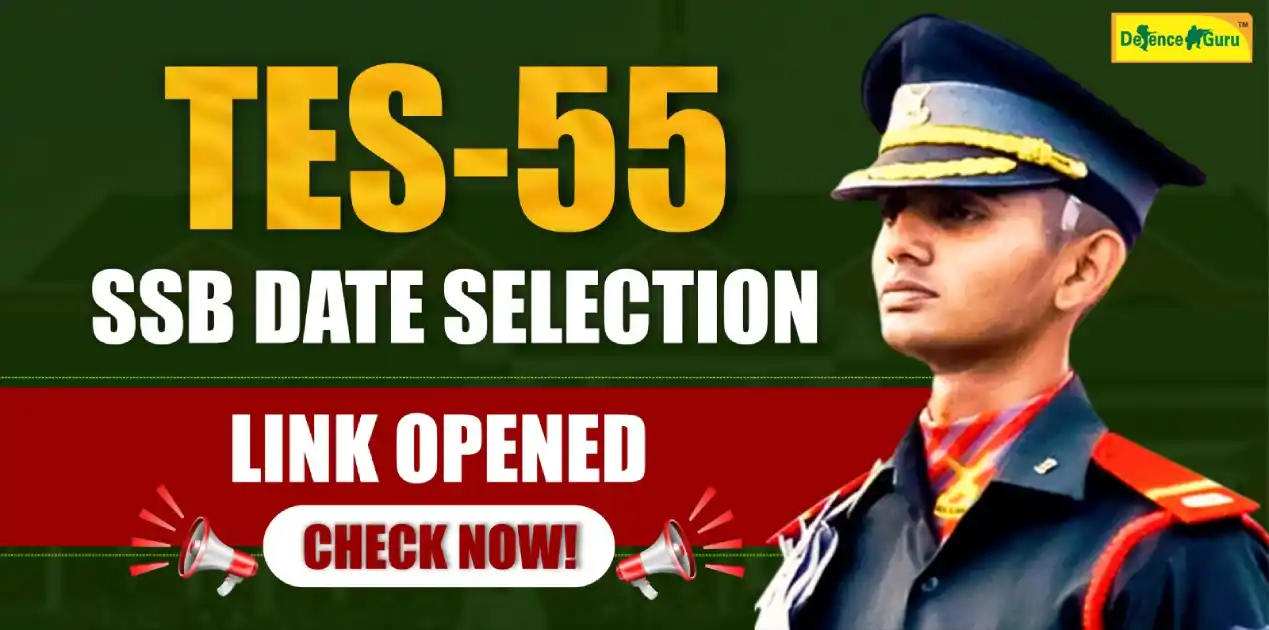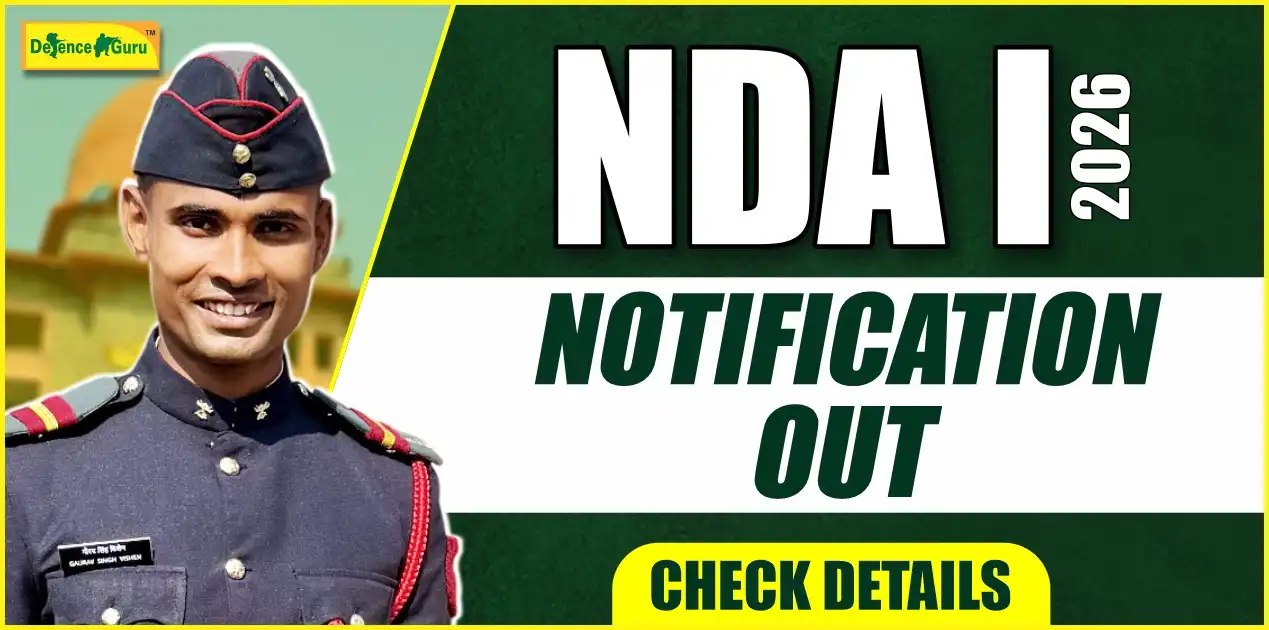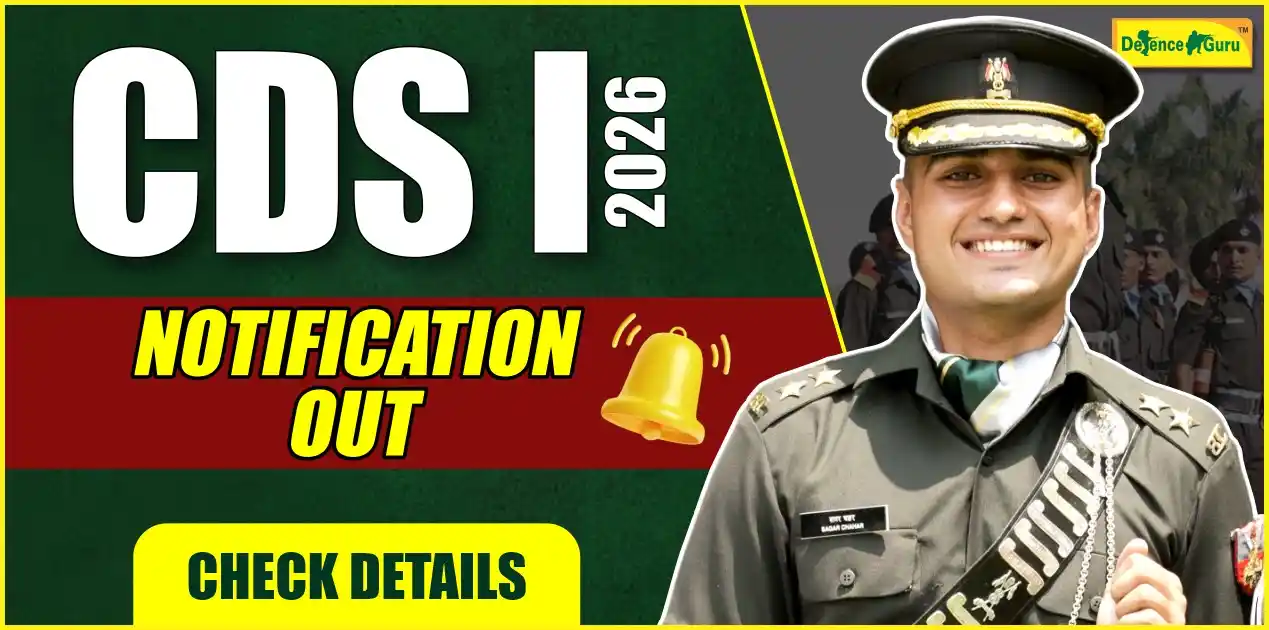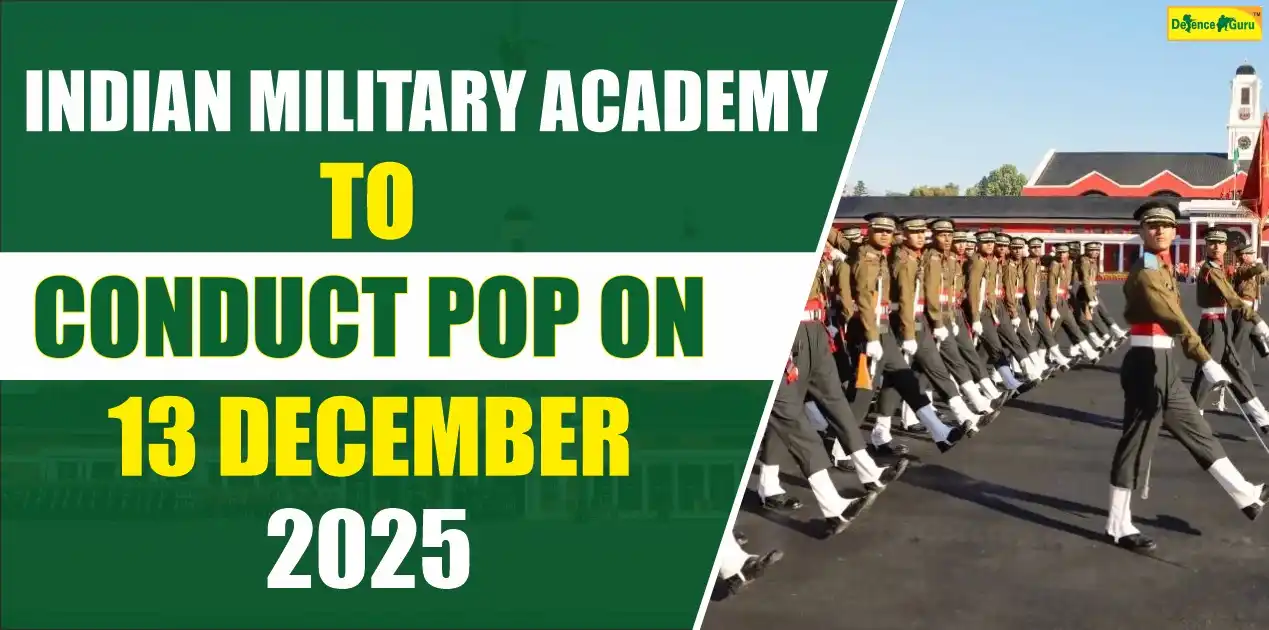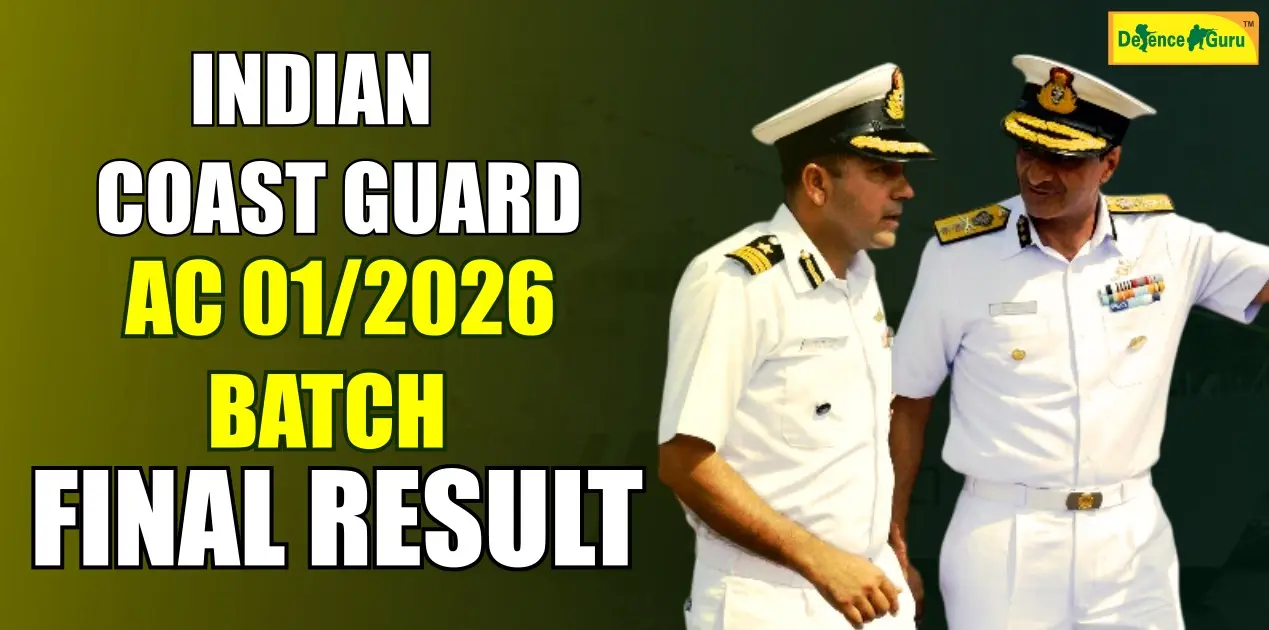10 Tips to Complete 60 SRTs in 30 Minutes
The situation Reaction Test (SRTs) is one of the most time taking tests in SSB Psychology Tests in SSB Interviews. The right strategy is required to complete all SRTs in time that too with good responses. To help candidates with the SRT Test, we are providing 10 tips to complete 60 SRTs in 30 minutes. Candidates should follow these tips in their preparation for SSB and try to adopt these tips during practice.
SSB Psychological Tests are conducted on the second day of the SSB Interview Process and in AFSB, Psychological Tests are conducted on the first day itself. SSB Psychological Tests consist of four tests- 1. TAT (Thematic Apperception Test), 2. WAT (Word Association Test), 3. SRT (Situation Reaction Test), and 4. Self Description Test. These tests are conducted to assess psychological mindset, imagination, decision-making, and optimum use of resources.
What is Situation Reaction Test?
The Situation Reaction Test (SRT) is a type of psychological test that is commonly used in SSB, AFSB, and NSB as part of the five days selection process. In an SRT, Candidates are presented with a written scenario or situation and are asked to provide a written response or reaction to the scenario. The test is designed to evaluate the participant's ability to think on their feet, make quick decisions, and respond effectively in various challenging situations.
In the Situation Reaction Test, a booklet is given to candidates with 60 SRTs or hypothetical situations and candidates have to give answers or responses to these SRTs in 30 minutes.
How can you complete 60 SRTs in 30 Minutes?
Listen to the instructions carefully:
Before starting the test, Listen to the instructions carefully. Understand the format of the test and the time limit. This will help you to approach the test systematically. Sometimes, Candidates do not listen to instructions carefully and commit mistakes during the Situation Reaction Test.
Stay calm and focused:
Stay calm and focused while answering the questions. Avoid getting distracted and try to remain objective while answering the questions. Candidates should get panicked if they face any difficult SRT. Candidates should stay calm and try to think about a possible solution.
Don't spend too much time on one question:
Sometimes some very difficult SRT questions are asked and candidates get stuck in answering the question. If you are stuck on a particular question, move on to the next one. Don't spend too much time on one question as it can affect your overall performance.
Prioritize your response:
Prioritize your response based on the situation. Think about the most appropriate response that will help you to achieve the objective of the situation.
For Example:
Question: You are going to your college and you saw a man bleeding and at the same time, a man came to you and asked for your help to search for his cow.
Answer: I will immediately place my handkerchief to stop bleeding and apply first aid and ask the man to take help from someone else to search his cow. And I will go to attend college.
Here, your priority is to help the bleeding man, not the cow. Because you were going to college and lost cow can be searched by anyone.
Be concise:
The SRTs require you to respond concisely. Keep your responses short and to the point. Do not write too many details in your responses. To make your responses concise you should write the actions part only.
Don't overthink:
Avoid overthinking the situation given in the SRT. Think about the possible outcomes and consequences of your actions before responding, but don't spend too much time analyzing the situation.
Be consistent:
The SRTs are designed to test your consistency. Answer the questions truthfully and consistently. Do not try to give a socially desirable response or try to manipulate the situation. Always Try to give a practical response to SRT.
For Example:
Question: You are going on a secluded road and you saw four goons snatching the bag of a woman.
Answer: I will note the details and immediately call the police.
Here, you should not try to become a hero and fight the four goons. Because it is not humanly possible to overpower four goons.
Practice:
Practicing SRT questions can help you to develop the skills required to complete 60 SRTs in 30 minutes. You can find SRT practice questions online or in books. We have already provided a set of SRTs for practice on the same platform, you can practice the SRTs from there.
Use your intuition:
Use your intuition to respond to the questions. Trust your instincts and don't second-guess yourself too much. If you are stuck on any SRT then, do not overthink; just trust your intuition and give a practical response.
Stay organized:
Sometimes, we leave some SRTs to answer later, so it is very important to keep in mind what SRTs you have to answer later. Stay organized while answering the questions. Keep track of the questions that you have answered and those that you need to come back to.
Candidates must ensure that quality matters over quantity. While managing time in SRT Test, you should not ignore the quality of the responses in the SRT Test. SRT is one of the most important psychology tests and candidates should make sure that they prepare for it very well. Sometimes, during conferences, the Head of the board may ask you about some SRTs, especially those SRTs which you left during the test. So, you need to prepare for this test.
Read More:
5 Rules to Write Better Responses in WAT SSB Interview

